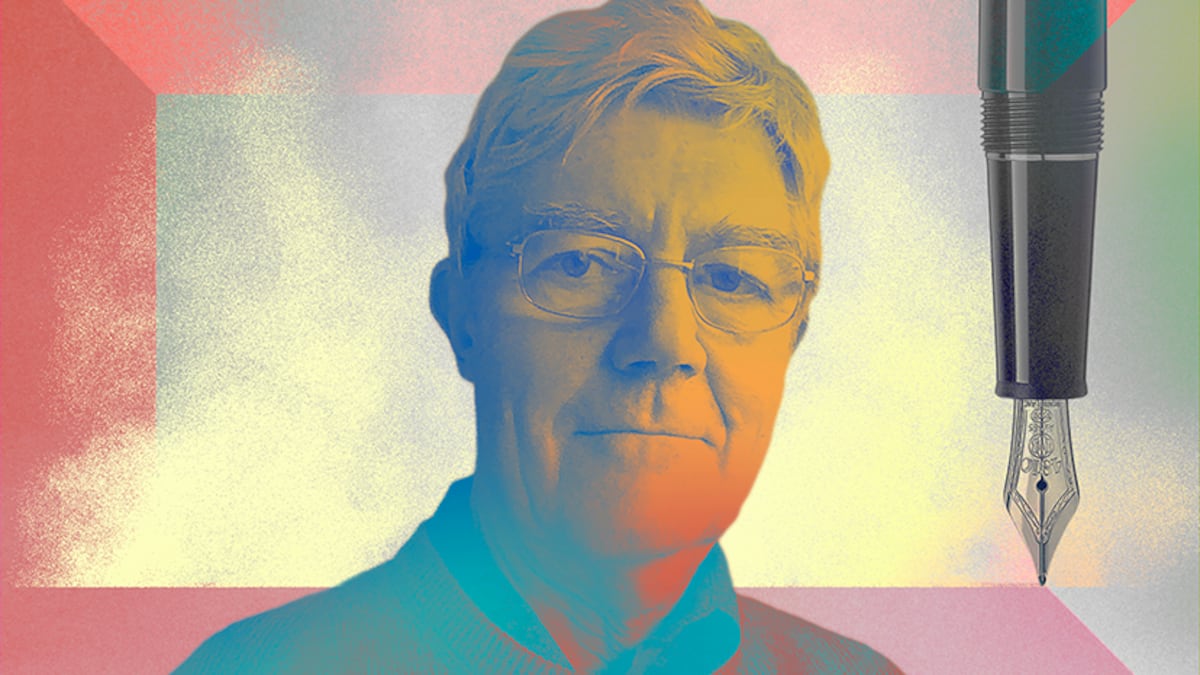On April 1, 1971, the Texas House of Representatives passed a bill to honour Albert DeSalvo for his “pioneering” contribution to population control.
After the vote, the bill’s sponsor, Democratic Representative Tom Moore, revealed that DeSalvo was a self-confessed serial killer, better known as the Boston Strangler.
As the story goes, Moore wanted to make an April Fool’s Day joke, but inadvertently exposed the lack of legislative scrutiny among his fellow Congressmen.
A prankster called Odlavso performed a similar service for journalism last week on the social media platform Reddit.
He claimed that he had made up a number of stories that were reproduced word for word by a site called Cryptonewsland.
Cryptonewsland gave no attribution for what it published. But Odlavso provided three examples of what he called “comedy posts” that he claimed could only have originated with him.
One of them claimed that Charles Hoskinson, co-founder of Ethereum and Cardano, discussed the relative strengths of the blockchains in a 30-second Super Bowl half-time commercial.
Another hoax report asked why dogs were considered the only animals worthy of a memecoin, digital tokens that often lack value and are considered to be jokes such as Dogecoin.
The third said a new stablecoin would be pegged to the price of an egg. That being said, there are egg-themed tokens, but they are not related to the fake coins mentioned in the Reddit thread.
Posting on Reddit, Odlavso expressed surprise that anyone would take his dog meme hoax seriously. Indeed, all three of his stories were so transparently hoaxes, it is hard to believe that anyone was taken in.
But, Odlavso said, “[There] are probably people out in the world reading this site and believing that EGG coin is real.”
His remarks generated more than 330 comments by Redditors. One recommended him for a Pulitzer prize but most were critical of crypto sites. One or two blasted the media in general.
That’s a pity. The problem, which Odlavso so merrily highlighted, is not restricted to crypto journalism but is rampant across news outlets covering all industries. On the other hand, reliable, honest, hard-working journalists do exist. There are probably more of them than the public is willing to acknowledge.
Just as bad news makes headlines, it’s the twisters, plagiarists and cut-and-paste merchants who give journalism a bad name.
Some of them get away with it. Peddle enough made-up stories about the EU legislating to enforce straight bananas and you might become British prime minister.
Fake news is no joking matter, however, as last week’s revelations by the Story Killers consortium of 30 media outlets showed. The consortium is led by Forbidden Stories, a French non-profit whose mission is to continue the work of reporters who have been murdered, threatened or imprisoned.
The consortium claims to have uncovered how private companies allegedly bend and shape the truth to clean up clients’ reputations, harass journalists and to even manipulate elections.
To dismiss all journalists as lazy and untrustworthy is to surrender to dark forces. Ethical journalism is worth defending, because the media has a vital role to play in a democracy, and democracy is worth fighting for.
Readers and website users have a role to play. It would be nice to think that the voters of Texas decided to sack their lazy congressmen as soon as they had the chance. Sadly, that is just wishful thinking.
People who say they have lost faith in the media have a choice. They can check a publication’s editorial policy statement and measure its performance against its principles.
Cryptonewsland was contacted for comment on this story.
